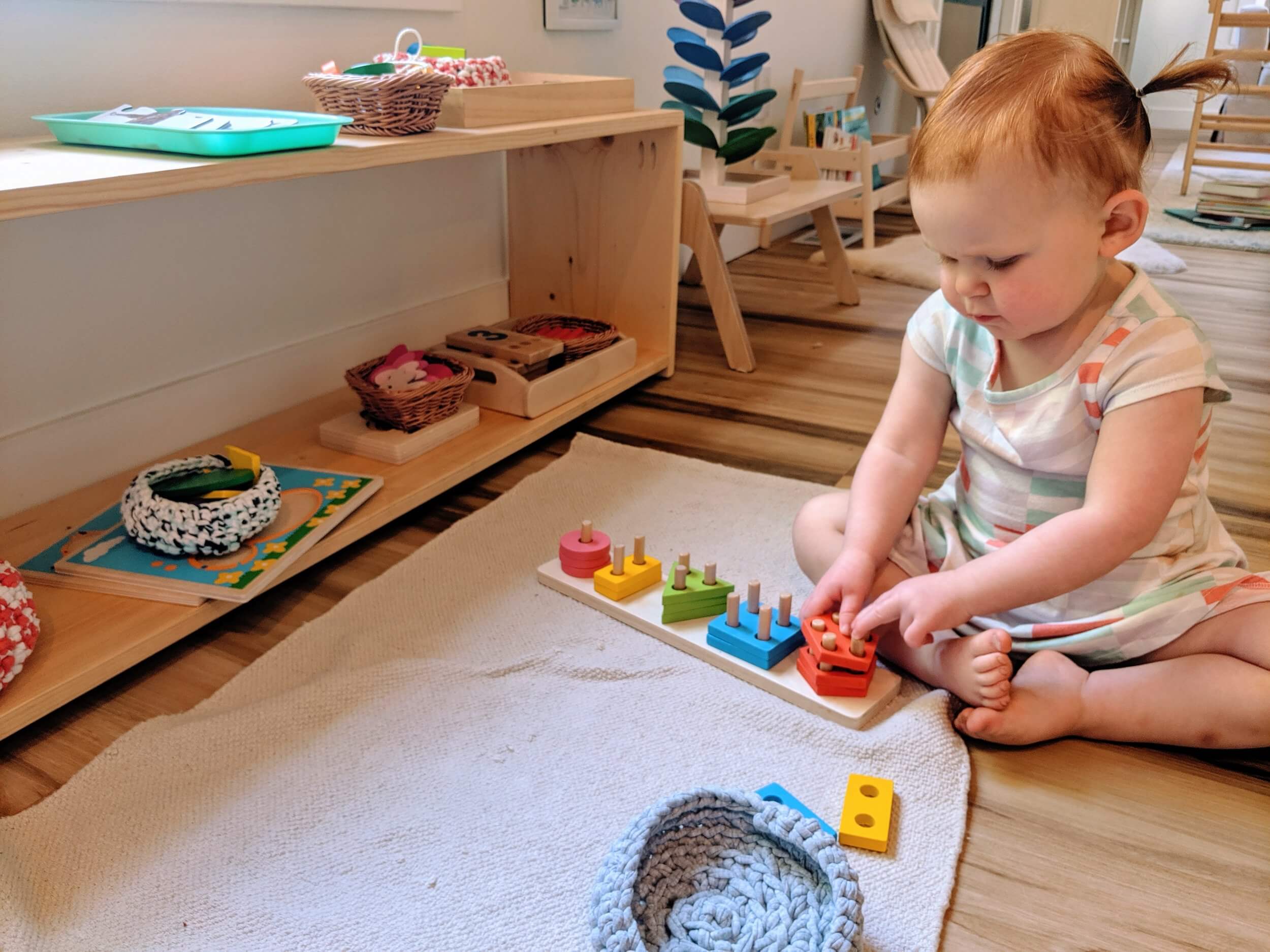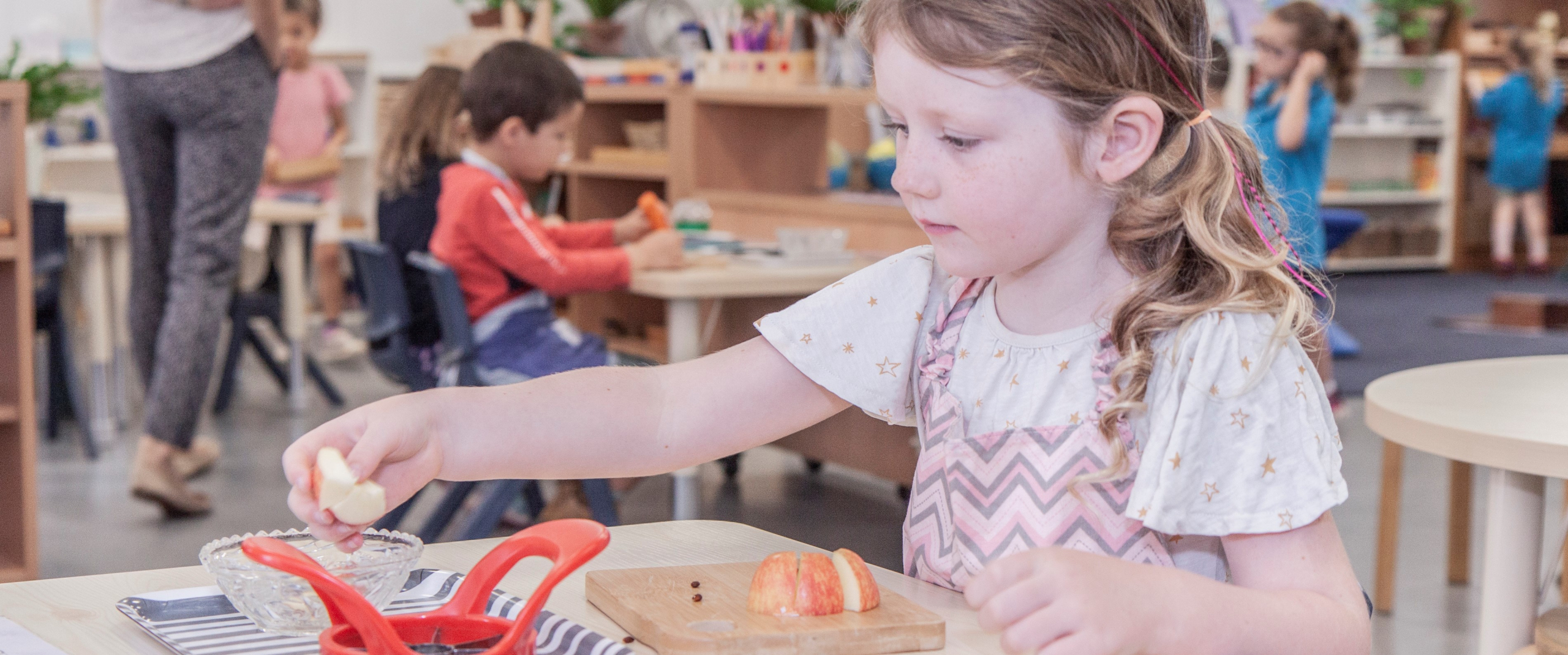The Montessori approach is a unique educational philosophy that empowers children to learn and grow at their own pace. This approach, particularly effective for toddlers, encourages independence from the start and fosters a strong sense of self-confidence and autonomy.
The Fundamentals of the Montessori Method
Maria Montessori, the creator of this method, believed in the idea of children as natural learners who should be free to explore and understand their world at their own pace. This core principle forms the foundation of the Montessori method, a child-centered educational approach that emphasizes self-directed activity, hands-on learning, and collaborative play.
Why Montessori for Toddlers?
Toddlers are in a phase of rapid development. Their curiosity, energy, and thirst for discovery make them the perfect candidates for the Montessori approach. It allows them to explore, experiment, and learn from their environment in a safe, nurturing setting.
Independence: A Core Tenet of Montessori
Encouraging independence from a young age is central to the Montessori philosophy. This is achieved through carefully designed activities that help toddlers build skills and confidence to accomplish tasks independently. Whether it’s pouring water from a jug, dressing up, or tidying up their space, these “practical life” activities allow toddlers to develop self-reliance and personal responsibility.
Freedom within Limits
The Montessori environment provides ‘freedom within limits’. This concept is instrumental in promoting respect for others and the environment, self-discipline, and decision-making skills. Children have the freedom to choose what they want to do, but within a structured setting that ensures safety and encourages respect.
Implementing Montessori Principles at Home
Implementing Montessori principles at home can greatly support your toddler’s development. Here’s how you can incorporate Montessori at home:
Create a Child-Friendly Environment
Ensure your home encourages exploration and independence. For instance, keep items at a level your toddler can reach. Include child-sized furniture and utensils to foster self-reliance.
Promote Learning Through Play
Set up activities that allow your child to explore and learn. Sensory play, art projects, and practical life exercises like cleaning, cooking, or gardening are great ways to implement Montessori at home.
The Long-Term Benefits of the Montessori Approach for Toddlers
The benefits of a Montessori approach go beyond just early education. It can contribute to a child’s long-term development in many ways:
Cultivating a Love for Learning
The Montessori approach helps to foster a lifelong love for learning, as children are given the freedom to pursue their interests and explore at their own pace.
Building Confidence and Independence
The focus on independence from a young age helps children to develop confidence, resilience, and problem-solving skills, qualities that serve them well throughout their lives.
Enhancing Social Skills
The collaborative nature of Montessori learning helps children develop strong social skills and a sense of empathy.
In conclusion, the Montessori approach for toddlers provides a solid foundation for learning and development, encouraging independence, and fostering a love for discovery. When adopted early on, it can set the stage for a lifetime of enthusiastic and self-directed learning.






